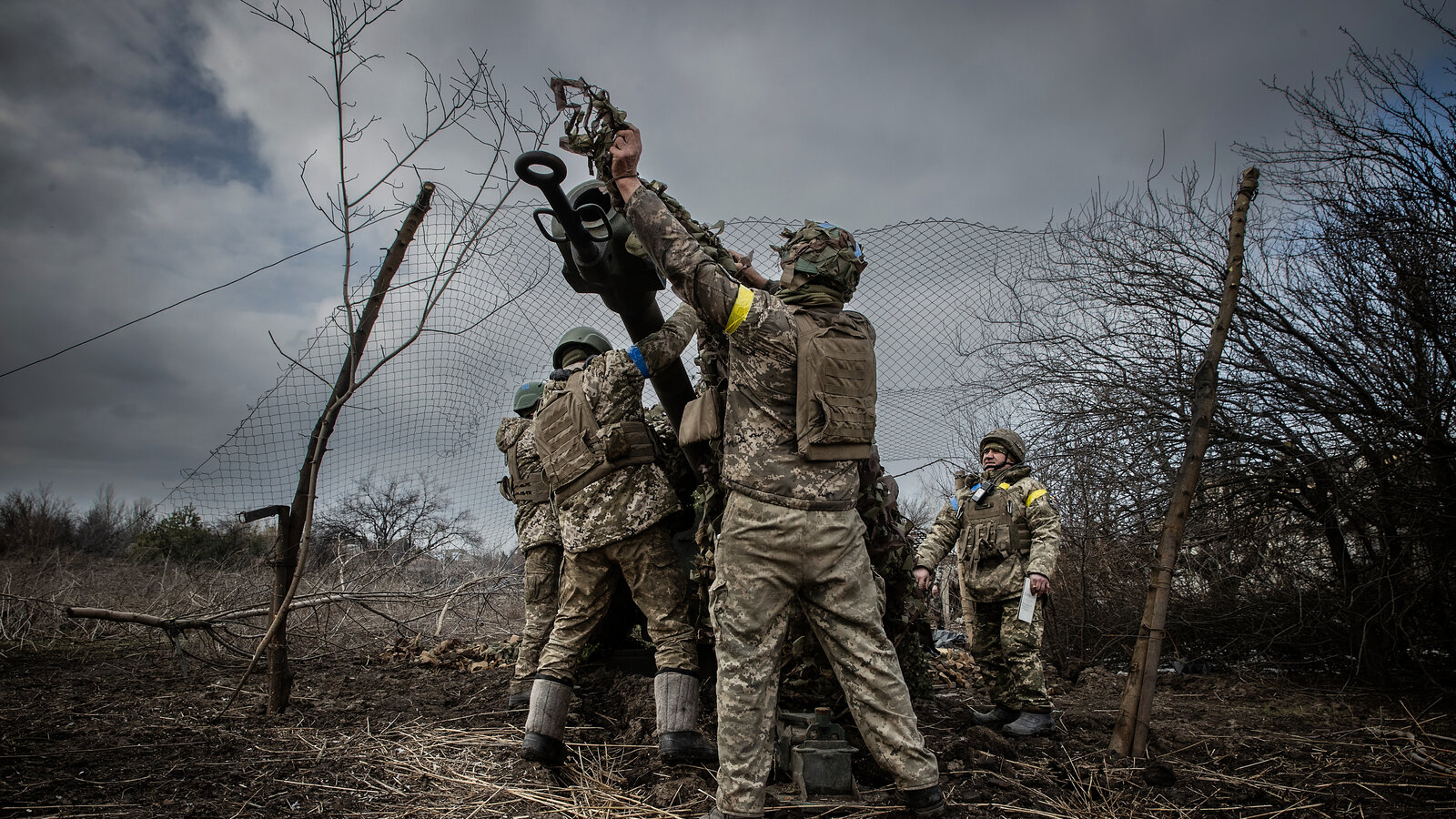
Aleksey Zhuravlyov, an influential ally of Vladimir Putin, has issued a stark warning. He declared that Russia must prepare for World War III within the next three years. This call to action includes confronting Western countries if necessary. Zhuravlyov’s statement has sparked global attention, raising concerns about escalating tensions between Russia and the West.
Russia’s Strategic Preparations
Understanding Zhuravlyov’s Stance
Zhuravlyov, a prominent Russian politician, has emphasized the urgency of preparing for potential global conflict. He argues that Russia should not hesitate to stand firm against Western nations. His stance reflects a growing sentiment within certain Russian political circles, advocating for increased military readiness.
Implications for Global Politics
This declaration could significantly impact global politics. As tensions rise, countries must navigate a complex geopolitical landscape. Zhuravlyov’s warning serves as a reminder of the fragile state of international relations. The global community must consider the potential consequences of escalating hostilities.
Historical Context and Current Tensions
Russia’s Military Posture
Historically, Russia has maintained a formidable military presence. Recent years have seen increased military activities and strategic posturing. This includes military exercises near NATO borders and expanding defense capabilities. Understanding this context helps explain Russia’s current stance and its implications for global security.
The Role of NATO and Western Nations
NATO and Western countries have responded to Russia’s actions with increased vigilance. Military alliances aim to deter potential aggression and ensure collective security. However, this dynamic can also contribute to rising tensions, as demonstrated by recent diplomatic exchanges.
Expert Opinions and Analysis
Political Analysts’ Insights
Political analysts offer varied perspectives on Zhuravlyov’s declaration. Dr. Olga Smirnova, a Russian affairs expert, states, “This rhetoric reflects a deep-seated mistrust of the West. It’s crucial to approach these statements with caution and focus on diplomacy.” Her insights emphasize the importance of understanding underlying motivations and seeking peaceful resolutions.
Military Strategists’ Views
Military strategists highlight the need for preparedness while advocating for dialogue. Colonel Alexei Petrov, a retired military officer, notes, “While readiness is essential, open communication channels are equally important to prevent misunderstandings.” His views underscore the balance between defense and diplomacy.
Challenges and Considerations
Navigating Escalating Tensions
Managing rising tensions requires careful navigation. Both Russia and Western nations must prioritize diplomacy and seek common ground. Establishing mechanisms for conflict resolution can help mitigate risks and prevent unintended escalations.
The Importance of International Dialogue
International dialogue remains a vital tool for maintaining peace. Engaging in constructive discussions can help address underlying issues and foster mutual understanding. Building trust through transparent communication is essential for long-term stability.
Conclusion: A Call for Caution and Diplomacy
Aleksey Zhuravlyov’s warning highlights the urgent need for preparation and caution. While readiness is crucial, prioritizing diplomacy and dialogue is equally important. The global community must work together to prevent conflicts and ensure a secure future. As tensions continue to evolve, fostering open communication and collaboration will be key to maintaining peace.

